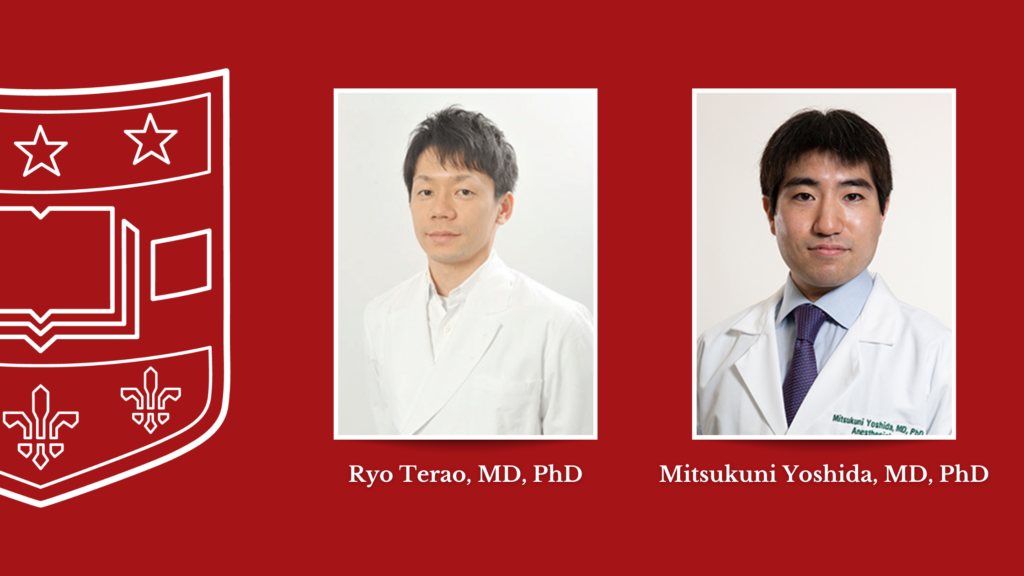We’re excited to highlight a significant publication from two of our esteemed colleagues: Dr. Ryo Terao, a former postdoctoral researcher now on the faculty at the University of Tokyo, and Dr. Mitsu Yoshida, an ASAP fellow in Anesthesiology currently working in the Apte Lab. Along with their co-authors, they have just published research titled “Cholesterol Accumulation Promotes Photoreceptor Senescence and Retinal Degeneration” in Investigative Ophthalmology & Visual Science (IOVS).

The study provides groundbreaking insights into the mechanisms behind retinal degeneration, particularly focusing on the role of cholesterol accumulation. The researchers demonstrate that excess cholesterol triggers cellular senescence in photoreceptors, leading to progressive retinal degeneration. This process is a key contributor to the development of age-related macular degeneration (AMD), a leading cause of blindness in older adults.
One of the most promising aspects of this research is the potential for therapeutic intervention. The study shows that selectively removing these senescent cells can significantly improve visual function and reduce the characteristic features of AMD. These findings suggest that senotherapy, which targets and removes senescent cells, could be a novel and effective treatment for AMD and potentially other age-related diseases.
This paper reflects the collaborative spirit of our research community and highlights the vital role of postdoctoral research in advancing scientific knowledge. Congratulations to Dr. Terao, Dr. Yoshida, and their co-authors for making this significant contribution to the field of ophthalmology!